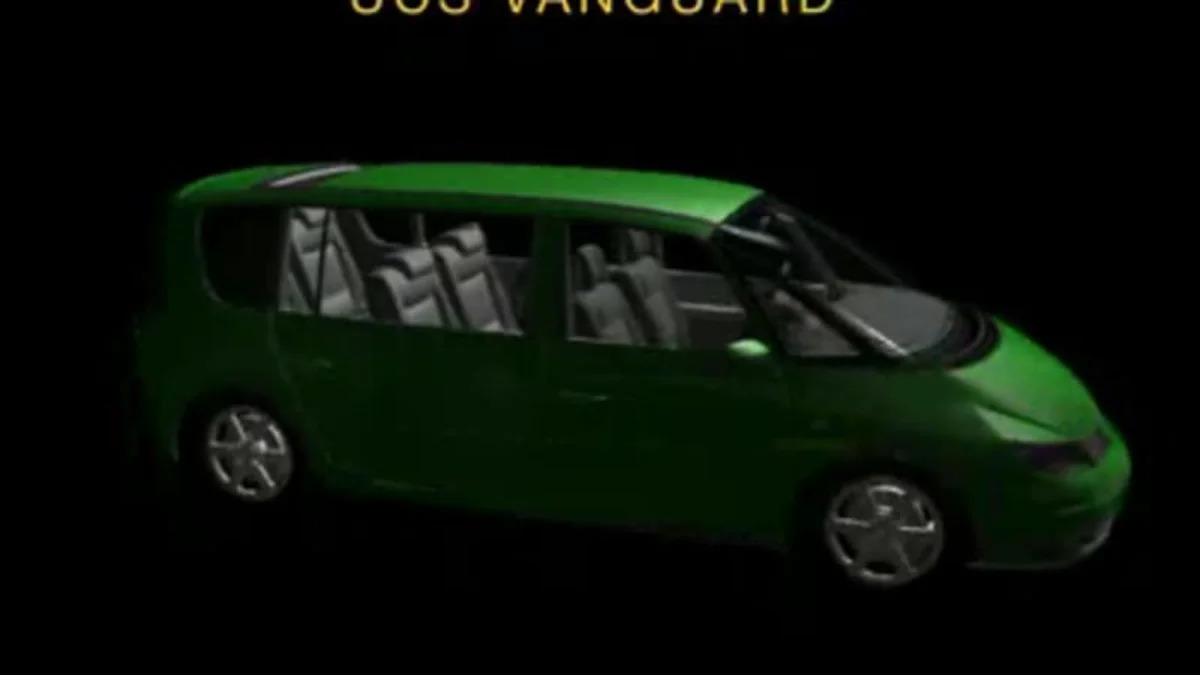The Union of Concerned Scientists say the technology to build a fuel-efficient family vehicle that can meet future emissions standards is already implemented in some of today's vehicles. Instead of fighting against these government mandates with lawyers and lobbyists, they say just let the engineers build the vehicle.
To demonstrate their position, the group designed a theoretical minivan called the UCS Vanguard that runs off-the-shelf powertrain components and technology.
"All of the technologies in the Vanguard are in vehicles on the road today, but automakers have yet to combine them all in one single package," said a UCS news release
Some of these technologies include variable valve timing, cylinder deactivation, 6-speed transmission and biofuels.
Implementing all modern technologies may not as simple in reality as on a computer screen. First, it's expensive. I know that prices would come down with higher production numbers. But it's still expensive.
Also, I'm quite sure powertrain engineers have built test mules with even more technology. The problem is integrating different technologies because the tuning has to be so precise. I've had this discussion with many powertrain engineers. There are always tradeoffs when tuning variables are adjusted. Go for fuel economy and NOx might go up. Simply piling on technology doesn't always solve problems. There has to be integration and tuning, and sometimes that takes time, and it certainly takes money. But I wholeheartedly agree with UCS that Detroit should stop whining through their lobbyists and direct more efforts toward engineering.
[Source: Union of Concerned Scientists]
Scientists lump all fuel-economy measures in theoretical Vanguard minivan; but is it that easy in the real world?


Sign in to post
Please sign in to leave a comment.
Continue